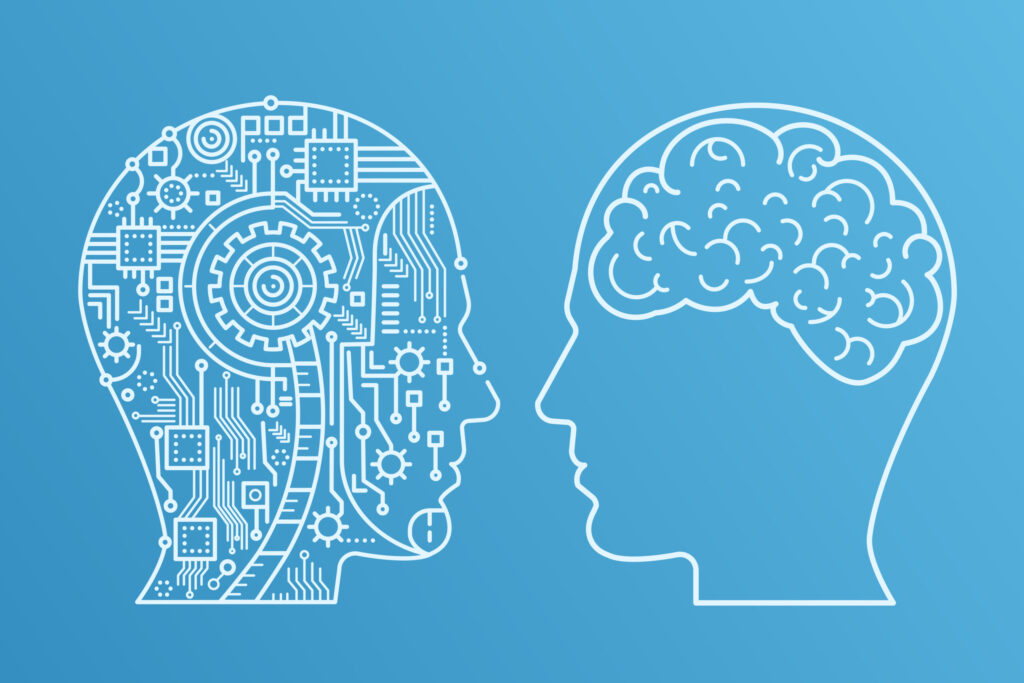The Bias of Gen AI: Examining Impact, Ignorance, and the Path Ahead
Generative Artificial Intelligence (AI) has emerged as a powerful technology capable of producing creative content. Forrester published that unchecked biases in gen AI can perpetuate inequalities and hinder progress (Forrester, 2022).
However, as the influence of gen AI grows, concerns surrounding bias have come to the forefront. Bias in generative AI refers to perpetuating societal, cultural, or personal biases present in the training data, leading to biased outputs. We will explore the impact of bias in generative AI, discuss whether it results from ignorance or a feature, and contemplate the future implications of this technology.
The Impact of Bias on Generative AI
Generative AI, driven by machine learning algorithms, is trained on large datasets. If these datasets contain biased or discriminatory information, the generative models can inadvertently reproduce and amplify such biases in their outputs. This has implications for various domains, including content generation, image synthesis, language processing, and decision-making algorithms.
Marginalized Communities: Bias in gen AI can disproportionately affect marginalized communities, reinforcing stereotypes and perpetuating existing inequalities. Biased outputs can contribute to discriminatory practices, hinder opportunities, and perpetuate societal biases.
Content Creators and Developers: Content creators and developers who rely on generative AI tools may unknowingly propagate biases in their work. This unintended bias can harm their reputation, lead to legal implications, and compromise the fairness and inclusivity of their creations.
Ignorance or Feature: The Role of Awareness and Responsibility
Unintentional Bias: Sometimes, bias in generative AI may arise unintentionally due to biased training data. Developers may not be aware of the biases encoded in the datasets, leading to unintended biased outputs. In such cases, the bias is a consequence of ignorance rather than a deliberate feature.
Systemic Biases: Conversely, generative AI biases can reflect systemic societal biases. If these biases are knowingly or unknowingly incorporated into the training data, they can become a feature rather than a bug. This raises ethical concerns and the need for responsible development practices.

People’s Perspective of Bias in Gen AI
Opinions on the bias of Generative AI vary among individuals. Some argue that bias in Generative AI is a significant concern as it perpetuates existing societal biases and reinforces inequalities. They emphasize the importance of addressing bias in AI systems to ensure fairness, inclusivity, and equal opportunities for all. Others believe that bias in Generative AI reflects the biases present in the training data and should not be solely blamed on the technology itself.
They argue that developers and organizations are responsible for ensuring diverse and representative training data to mitigate bias. Additionally, some individuals may be unaware of the issue or simply not prioritize it, viewing bias as a byproduct of technological advancement. Overall, while opinions on the bias of Gen AI may differ, there is a growing recognition that addressing and mitigating bias is crucial for creating ethical and unbiased AI systems.
Navigating the Future of Generative AI
Ethical Frameworks and Guidelines: Establishing ethical frameworks and guidelines is crucial to address bias in gen AI. Developers and organizations should prioritize fairness, transparency, and inclusivity. Techniques such as dataset diversification, bias mitigation algorithms, and rigorous testing can help identify and mitigate bias.
Diverse and Inclusive Training Data: Ensuring the diversity and inclusivity of training data is essential to reduce bias in generative AI. Incorporating diverse perspectives, voices, and experiences can help create more inclusive and unbiased outputs.
User Awareness and Education: Users should be aware of the potential biases in generative AI and understand the limitations of the technology. By promoting user education and awareness, individuals can actively contribute to challenging biases and demanding more transparent and accountable AI systems.
Wrapping Up
As an advocate for ethical and unbiased technology, I firmly believe that addressing the bias in generative AI is paramount. It is essential to recognize that bias in generative AI can arise unintentionally due to ignorance or deliberately due to systemic biases. Regardless of its origin, we must take responsibility and actively work towards mitigating bias in gen AI.
By adopting ethical frameworks, promoting diversity in training data, and raising user awareness, we can shape a future where generative AI is fair, inclusive, and free from biases. Together, we can bind the transformative power of gen AI while ensuring that it aligns with our collective values and fosters a more equitable society. For more interesting blogs get to auxin.io






